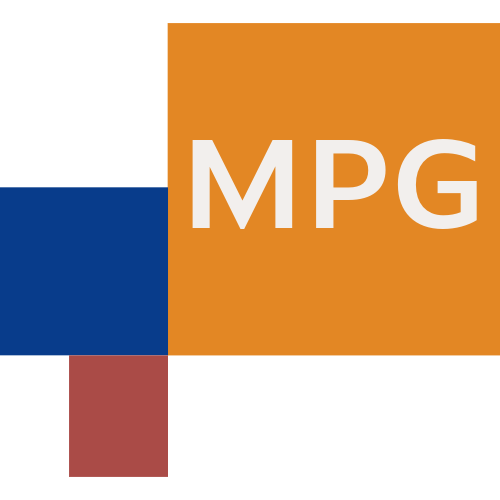menu
menu
Menu
cancel
- arrow_back_iosBacknavigate_nextpersonPersonal
- groupCommunities
- articleBlogs
- eventEvents
- sourceTemplates
- question_answerQuestions
- schoolLearning
- business_centerBusiness
- live_helpFAQ
What are the key indicators or metrics used to measure and evaluate the social impact of non-profit organizations and social enterprises?
In what ways can technological advancements be leveraged to maximize positive social impact across different sectors, such as education, healthcare, and the environment?
What are the most effective strategies that governments and organizations can implement to significantly reduce carbon emissions within the next decade?
How can individuals contribute to climate action in their daily lives, and what impact do collective individual efforts have on global climate change goals?
What role do technological innovations play in advancing climate action, and what are some of the most promising technologies currently being developed to address climate change?
What measures and policies should be established to ensure ethical oversight and accountability in the deployment of AI and machine learning systems across various industries?
How can regulatory bodies effectively monitor and audit both the algorithms and data used in AI and machine learning models to prevent bias, ensure fairness, and protect privacy?
What role should transparency play in AI oversight, and how can organizations balance the need for explainability with intellectual property concerns and the protection of proprietary algorithms?
**What criteria should be used to evaluate suppliers effectively, and how can these criteria be tailored to align with our company's specific needs and standards?
2. **How can we implement a systematic process to collect and analyze supplier reviews, ensuring consistent and actionable feedback that can contribute to long-term supplier relationship management?
